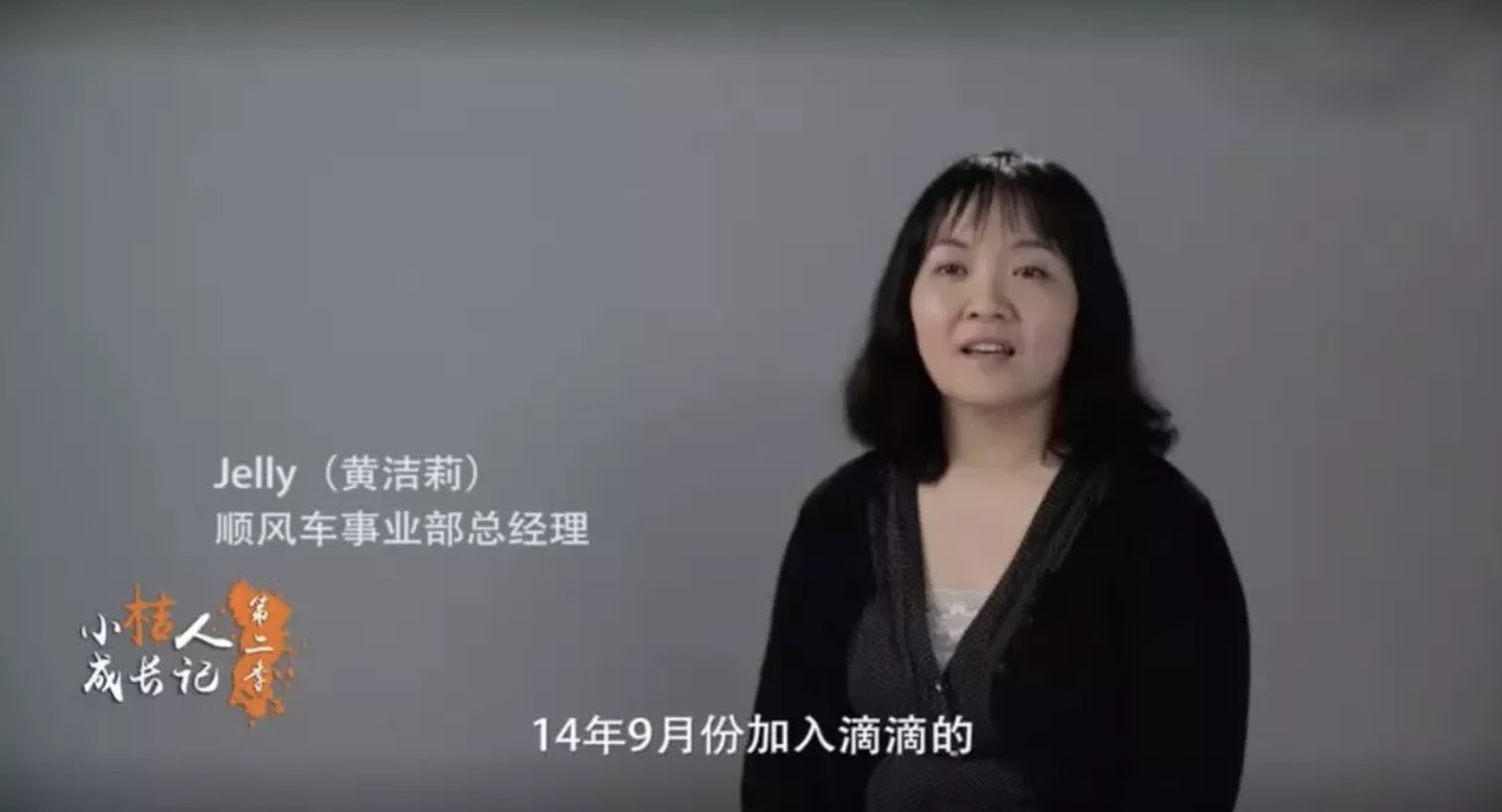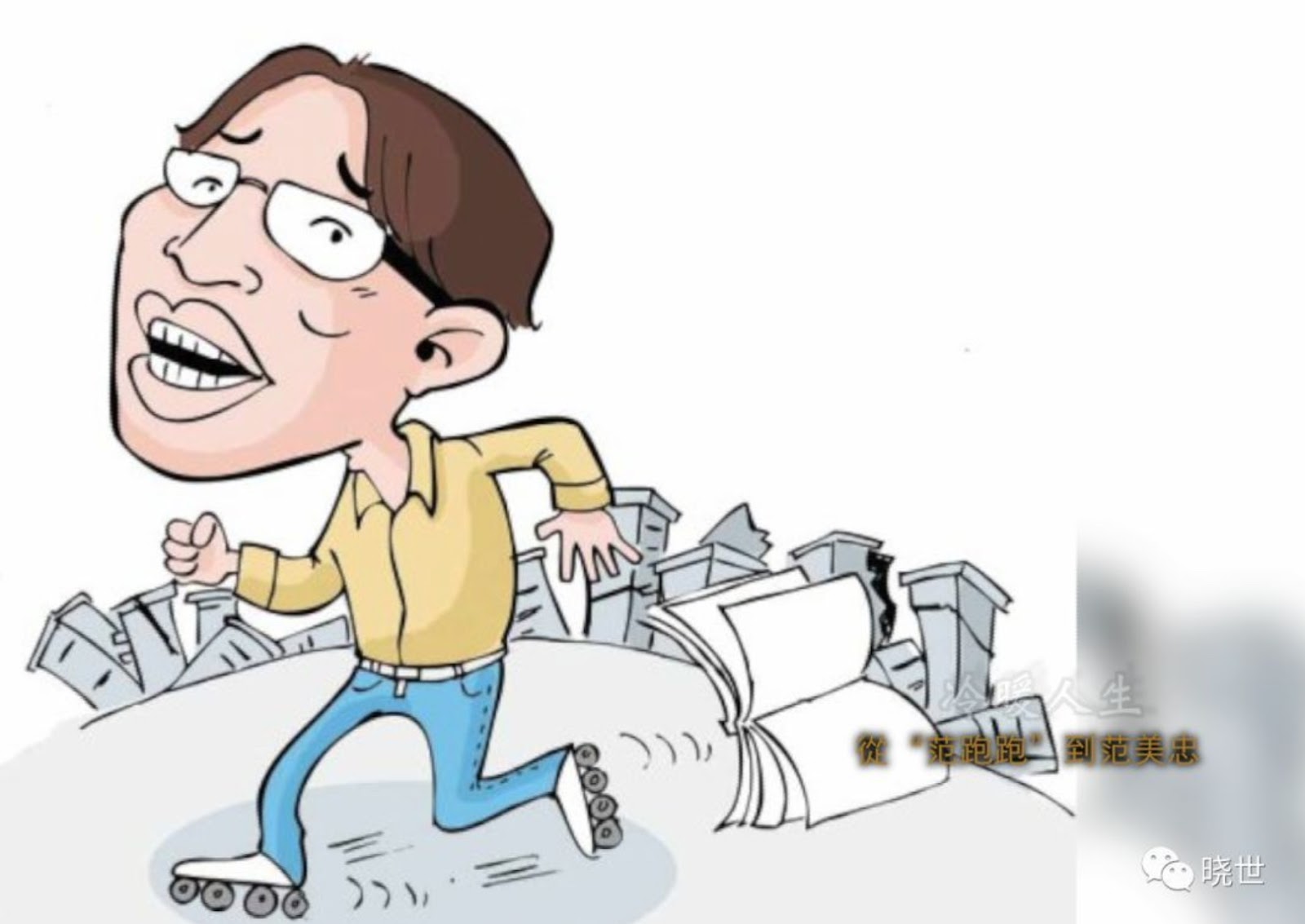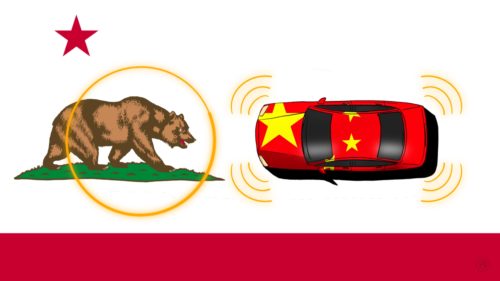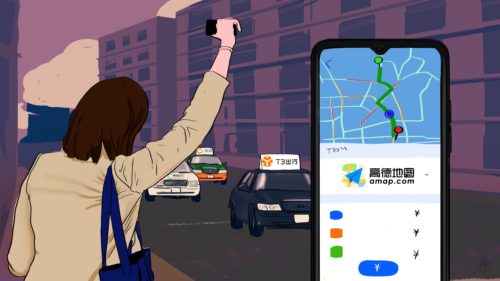Chinese Corner: The woman who made ride-hailing ‘sexy’
Chinese Corner: The woman who made ride-hailing ‘sexy’

August 29, 2018
The late alleged summer rape and murder of a Didi Chuxing passenger — the second such incident in three months — has forced China’s leading ride-hailing company into apologizing abjectly under close public and government scrutiny. One act of contrition was the sacking of two executives, including Huang Jieli 黄洁莉 aka Jelly Huang, head of business development.
Chinese internet users, many of them angry former or current customers of Didi, began to investigate the company, and particularly its Hitch carpooling service. Internet users circulated an old interview with Huang Jieli, in which she outlines her vision of the industry’s future:
“Just like coffee shops and bars, cars can be semi-open and semi-private social spaces. This is a futuristic and very sexy prospect. We were clear about what it should look like from the very beginning,” she said in 2015, about three months after Didi launched its carpooling feature Hitch. Huang was a key figure in the launch of Hitch, which was advertised with double entendres and images that suggested it was a good way to meet a romantic or sexual partner: The ads all but invited male drivers to hit on female customers.
Hitch even had a function that allowed drivers to comment on the appearance of passengers. Labels like “sexy” and “pretty” were standard in Hitch’s review system, and the ratings were accessible to all users.
From its inception, Hitch has led to multiple incidents of sexual harassment, sexual assault, and even murder: In May, Li Mingzhu 李明珠, a 21-year-old flight attendant, was raped and murdered by a Didi Hitch driver. The Hitch service was suspended for a month, before being resumed for same-sex rides only.
The author of this profile of Huang argues that her dismissal doesn’t mean Didi has reformed itself. Rather, her departure is a cosmetic change at a time when the tide of public opinion has turned strongly against the company.
Whatever you think of Didi Chuxing and on-demand services in general, this article about Huang’s career trajectory, her understanding of the ride-hailing business in China, and how she proudly created an essential evil part of Didi’s business model is a must-read.
More writing on Didi’s missteps and problems:
- The fatal encounter / 人物
- To reveal the secrets of Didi, we interviewed 160 drivers / 政见CNPolitics
- One day we will die at the hands of Chinese customer service / INSIGHT视界
- How much is a woman’s life? Didi says it can pay three times the normal amount of compensation / 一颗土逗
- Didi: A caged animal / 界面
- I am a victim of a Didi driver’s attempted rape / 人物


The difficult greatness of Yuan Longping
By 黄章晋 | 大象公会
August 24, 2018
Yuan Longping’s greatness is not something up for debate in China, especially in public discourse. Dubbed “the father of hybrid rice” by Chinese media and textbooks, his technique for creating high-yield hybrid rice strains was introduced into the United States — the first case of intellectual property rights transfer in the history of the People’s Republic of China. Yuan is often portrayed as a frugal, modest, diligent, and extremely gifted scientist whose work saved millions of people from starvation in the 1970s.
But after diving into Yuan’s history and the political climate of his time, author Huang Zhangjin 黄章晋 finds out that while Yuan’s scientific contributions are undeniable, his status as “national superhero” in China is actually more of an “unprecedented political spectacle.” His public image has been deliberately manipulated for propaganda purposes.


Fan Meizhong is comfortable with his notoriety
By 晓世
August 24, 2018
Fan Meizhong 范美忠 was probably the most hated man in China in 2008. During the Sichuan earthquake on May 12, he infamously rushed out of his classroom to an open field at school, leaving his terrified students behind. While his cowardice did not lead to any deaths, a blog post condemning his irresponsibility set off a firestorm on the Chinese internet. A few days after the disaster, which reportedly killed about 70,000 people, Fan, in the face of a massive wave of criticism, unapologetically published a post defending his behavior. He wrote:
I want to say to my students who felt disappointed by me: I am a person in pursuit of freedom and justice, not a person who will sacrifice myself for others. In a moment of life or death, I will only consider sacrificing myself for my baby daughter. I wouldn’t think about it for anyone else, not even my mother.
Following the article, he appeared on several TV shows to debate whether heroism is a requirement for teachers, which only contributed to his growing notoriety. Education authorities revoked his teaching certificate. His alma mater, Peking University, publicly denounced him as a “disgrace.” “Runner Fan” 范跑跑, the nickname used to mock him on the internet, became a stain on his resume that he could never erase.
But in this interview with Xiaoshi 晓世, Fan still rejects a redemption narrative. To people who disapprove of his escape, Fan says, “They think they are moral judges and are qualified to pass a final sentence on what I did. That’s unacceptable for me.”







